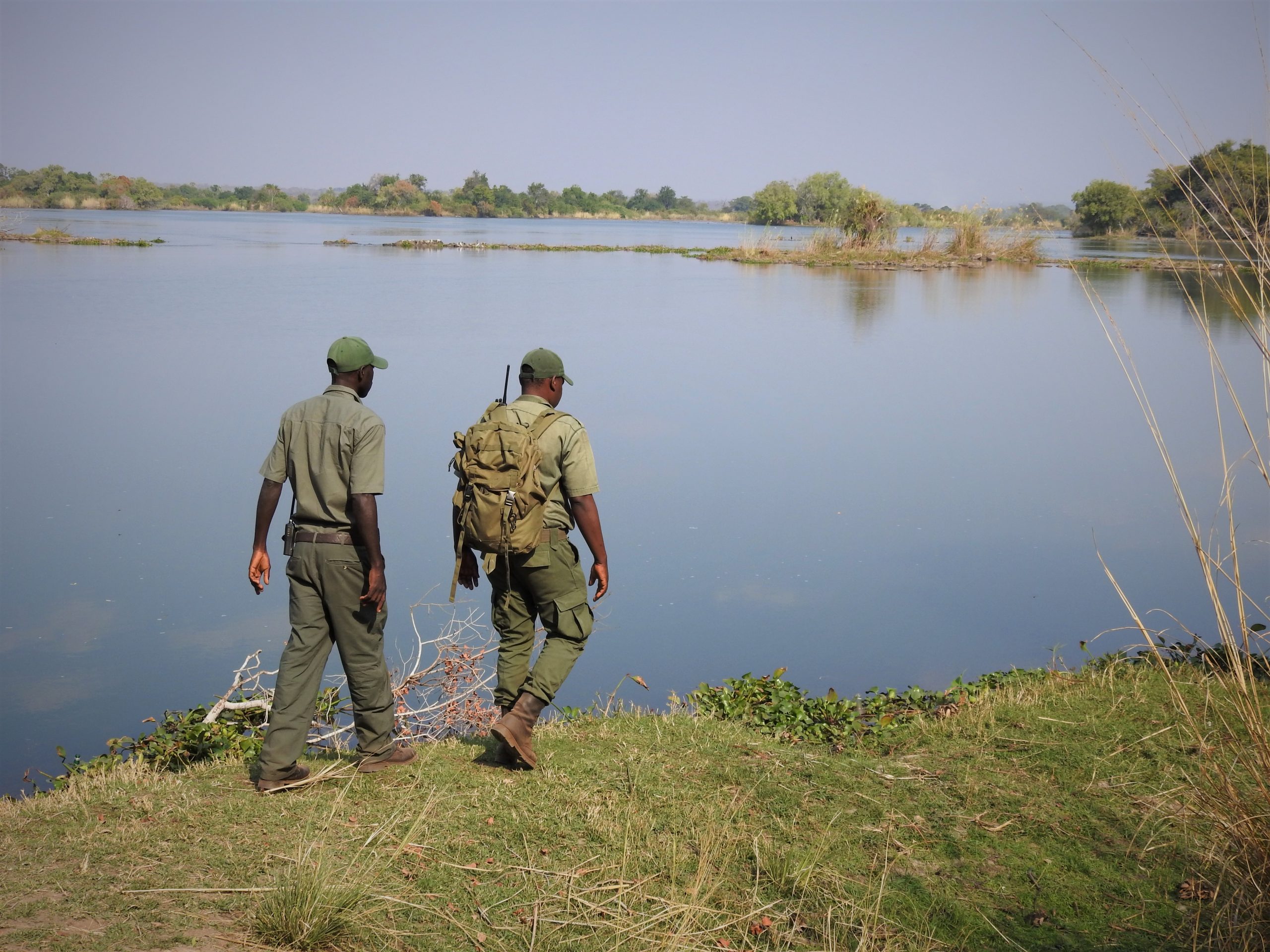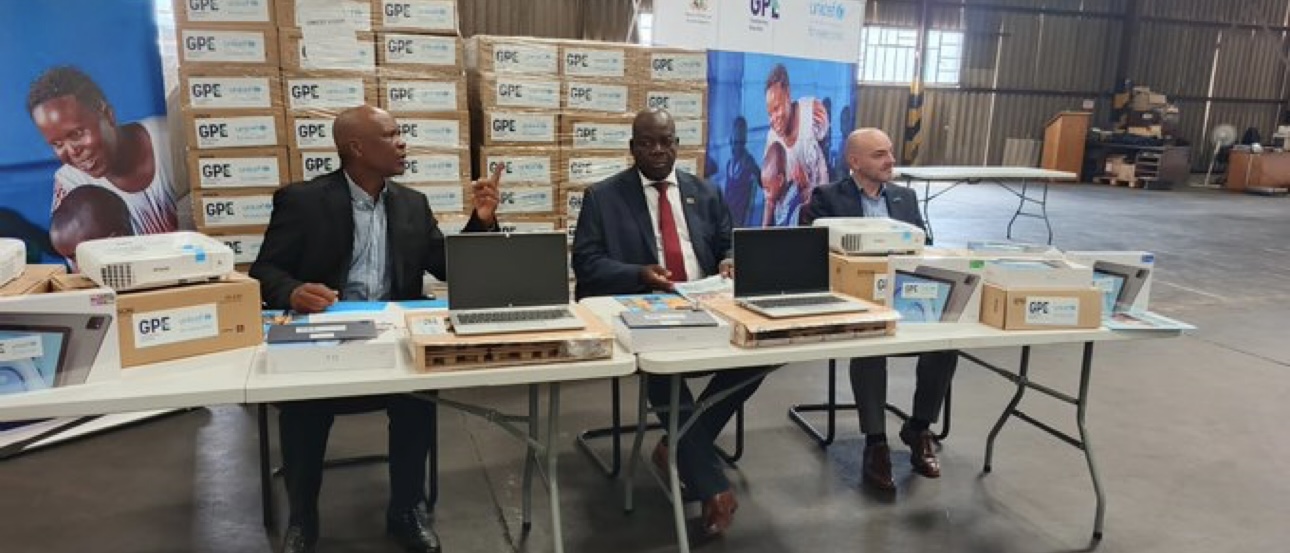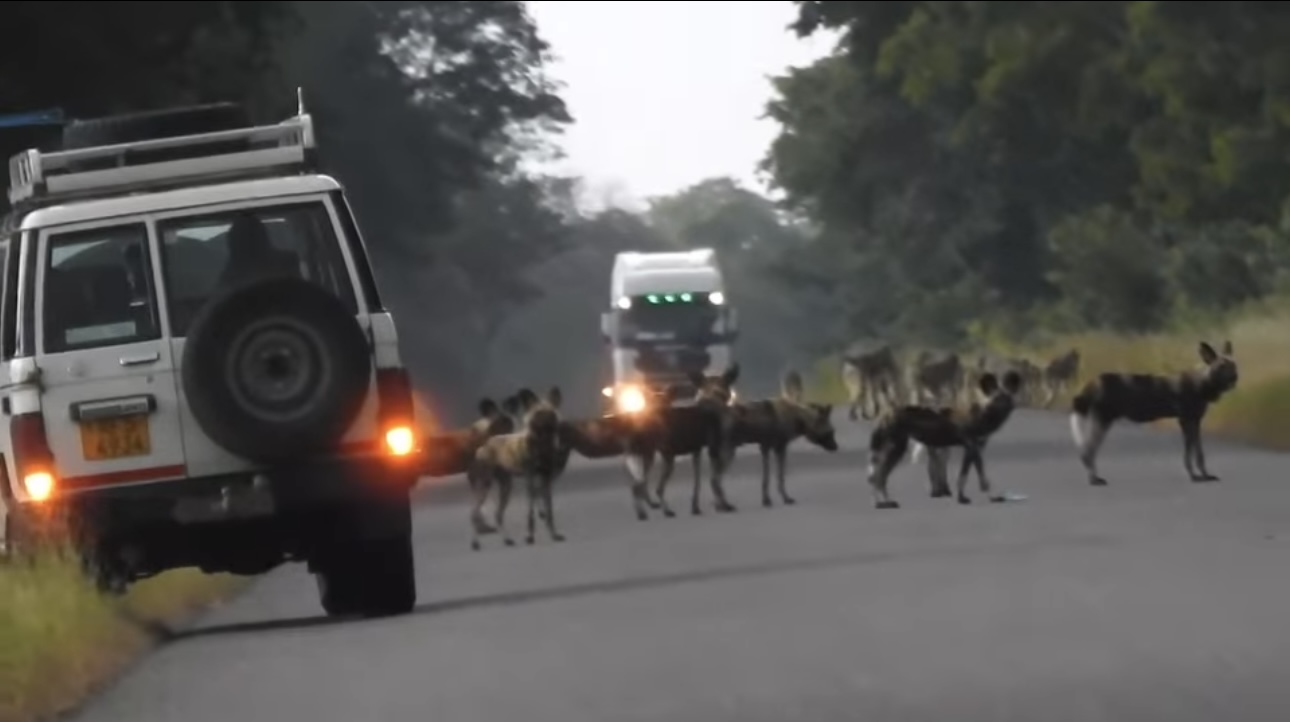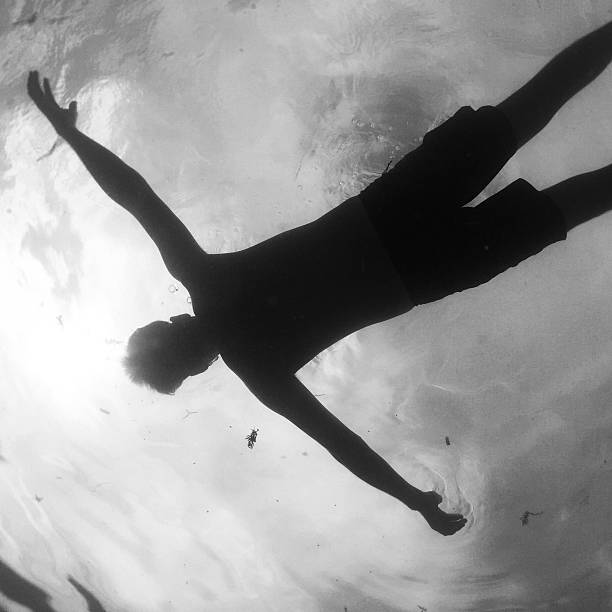BY NOKUTHABA DLAMINI
Painted Dog Conservation (PDC) has raised serious concerns over a road rehabilitation detour near Hwange National Park, warning that the route now passing through a sensitive wildlife area poses an immediate threat to painted dogs and other species.
In a statement shared on its official Facebook page, PDC said while it supports Zimbabwe’s ongoing road rehabilitation programme, the decision to divert heavy commercial traffic through an ecologically critical landscape is placing wildlife and people at risk.
The organisation said it had, together with other conservation groups and tourism operators, raised concerns with the relevant authorities, the responsible ministry and the contractor from the early stages of the project, warning of potential ecological damage. However, those concerns were not acted upon, and the detour is now in active use.
According to PDC, the increased traffic volume and speeding trucks along the route leading to Hwange National Park have created a “grave and immediate danger” to painted dogs, one of Africa’s most endangered carnivores, as well as to other wildlife and road users.
“With the detour now in place, the reality on the ground is worrying,” the organisation said.
PDC revealed that its teams, alongside other conservation stakeholders, are taking emergency measures to reduce wildlife fatalities during the period. These include actively guiding painted dogs away from the road and, in some cases, chasing them to safety when trucks approach. Staff have also been stationed along the road holding “Slow Down” placards to alert motorists.
“These are not ideal or sustainable solutions, but they are necessary right now to save lives,” the organisation said.
Painted Dog Conservation has called on authorities to urgently install additional wildlife warning signage and more speed humps to calm traffic through the sensitive area. The organisation also appealed directly to motorists to exercise caution.
“We respectfully urge all road users to slow down, stay alert, and remember that this is a shared landscape. Development and conservation must go hand in hand, especially in areas of such high ecological importance,” PDC said.
The organisation stressed that wildlife cannot speak for itself and vowed to continue intervening until safer, long-term solutions are implemented.
PDC has also urged the public to share the message widely in a bid to help protect Hwange’s wildlife.

 Slider3 years ago
Slider3 years ago
 National4 years ago
National4 years ago
 Tourism and Environment4 years ago
Tourism and Environment4 years ago
 Special reports4 years ago
Special reports4 years ago
 Opinion4 years ago
Opinion4 years ago
 National4 years ago
National4 years ago
 National3 years ago
National3 years ago
 National3 years ago
National3 years ago




